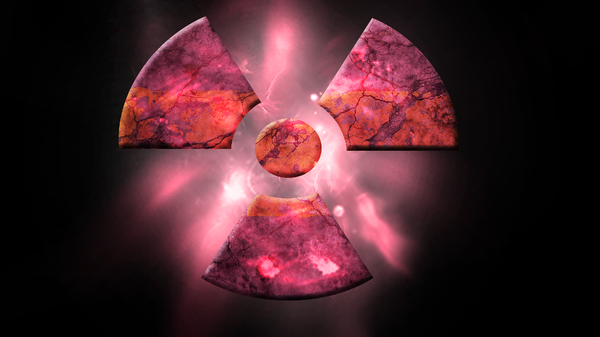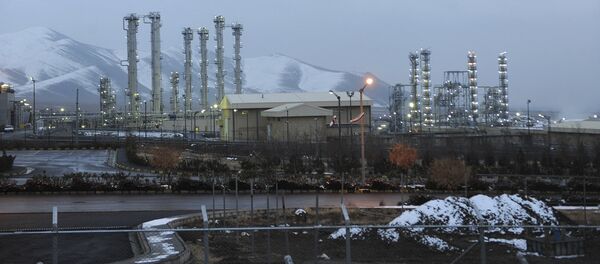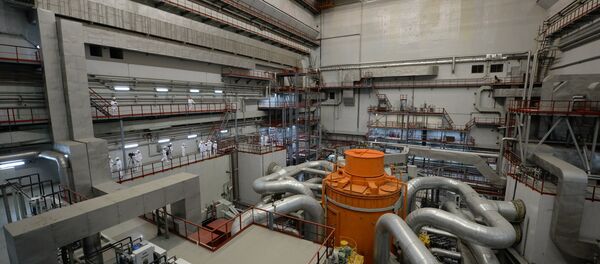Exports of Japan's progressive nuclear technology are regarded as fundamental for India's rapid economic growth. Tokyo has a virtual monopoly in the production of reactor-safety components and power-plant domes, critical elements that New Delhi needs to implement nuclear cooperation programs with the United States and other countries.
Concurrently, Japan's nuclear business, severely damaged after the 2011 Fukushima nuclear disaster, will gain access to a $150-billion-and-growing Indian market.
India signed a unilateral moratorium on nuclear testing after it last detonated a hydrogen bomb in 1998, but is reluctant to sign the NPT, claiming that it creates an unreasonable divide between countries that developed nuclear power before 1967 and those that came to the club after that year, allowing only the five victorious World War II powers to have nuclear weapons.
Akira Kawasaki of Tokyo-based Peace Boat organization, in an interview with Deutsche Welle, accused Japan of softening its posture "for the sake of economic benefits."
"The deal grants the same rights de-facto to India as other nuclear powers that have signed the NPT. By giving India a special status, Japan has compromised its formerly rigid stance on the NPT," he stated. "The Japanese-Indian deal is a significant step away from Japan's symbolic role as a strong advocate of nuclear disarmament."
Toby Dalton, an expert on nonproliferation and nuclear energy at the Washington-based Carnegie Endowment for International Peace think tank, told Deutsche Welle that although the deal has been signed, there are still "crucial outstanding issues that have not been resolved."
Advocates of the treaty claim that India would not want to divert from its self-imposed moratorium. The Japanese newspaper Yomiuri Shinbun reported on November 5 that Japan will halt cooperation with New Delhi if the South Asian country carries out any additional nuclear detonations.







